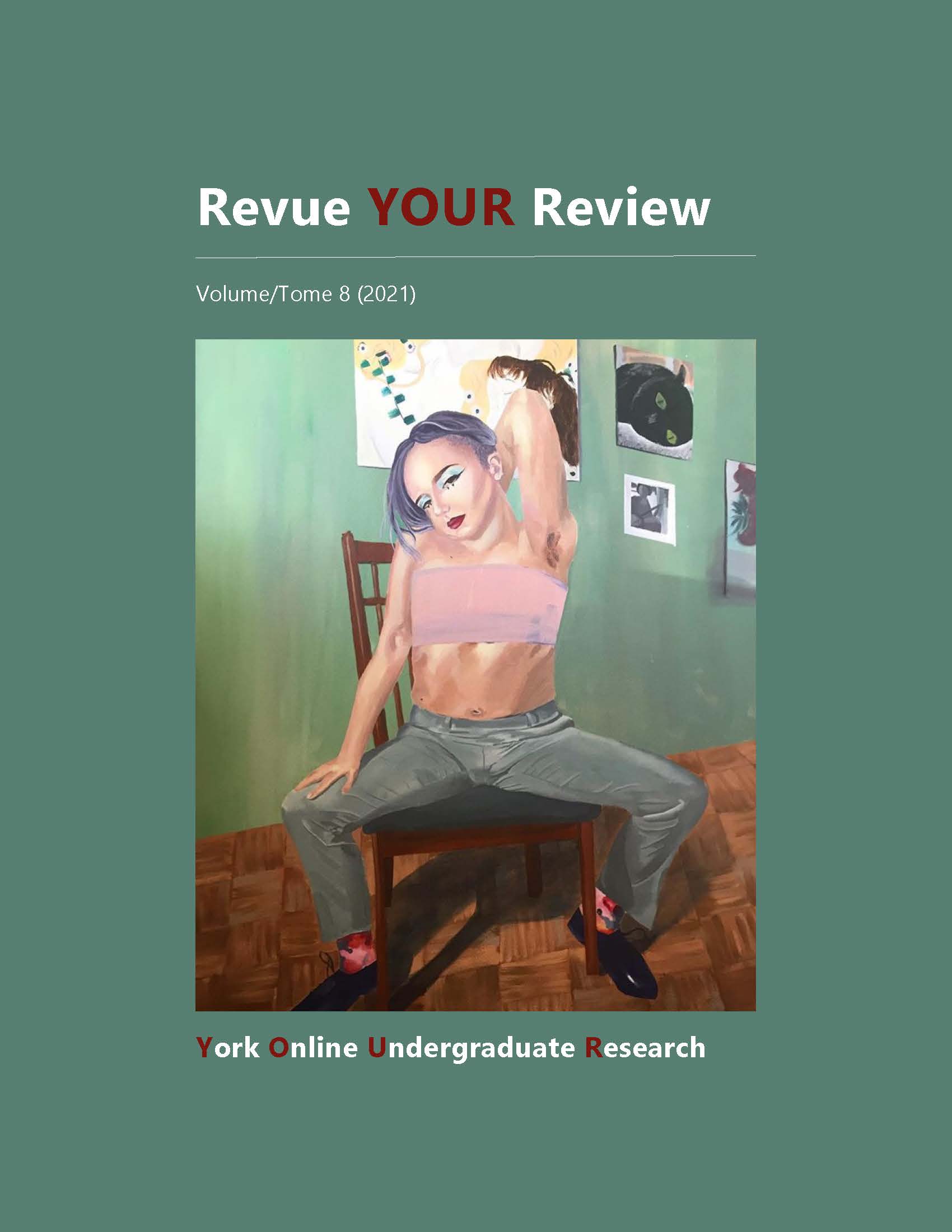Are there subtypes of gamers, more at risk of developing pathologies?
Abstract
Video gaming is a common hobby among people of all ages. However, when enjoyed in excess, it can lead to disordered behaviours. Internet Gaming Disorder (IGD) is a disorder
characterized by pathological gaming habits that last for at least twelve months (WHO, 2018; DSM-5, 2013). Little research distinguishes high- from low-risk gamers regarding the development of other disordered behaviours or comorbidity with mental health issues. The current study, an exploratory data analysis, assesses the risk of gamers’ developing other pathological behaviours and comorbidity with mental health issues such as social anxiety, depression, ADHD, problematic gambling, or substance dependence. The study is a secondary analysis of an existing data set. We identified three different subtypes of gamers, with only one group showing significant emotionality, gaming habits, and addictive behaviours. The other two subtypes were a normative class and a class of gamers with high levels of pathological emotionality but no addictive behaviours other than the diagnosis of IGD.
Downloads
Published
How to Cite
Issue
Section
License
LicenseAuthors contributing to Revue YOUR Review agree to release their articles under one of three Creative Commons licenses: Creative Commons Attribution 4.0 International; Creative Commons Attribution-NonCommercial 4.0 International; or Creative Commons Attribution-NoDerivatives 4.0 International. All editorial content, posters, and abstracts on this site are licensed under Creative Commons Attribution-NoDerivatives 4.0 International. For further information about each license, see:
https://creativecommons.org/licenses/
In all cases, authors retain copyright of their work and grant the e-journal right of first publication. Authors are able to enter into other contractual arrangements for the non-exclusive distribution of the e-journal's published version of the article (e.g., post it to an institutional repository or publish it in a book or in another journal), with an acknowledgement of its initial publication in this e-journal.


